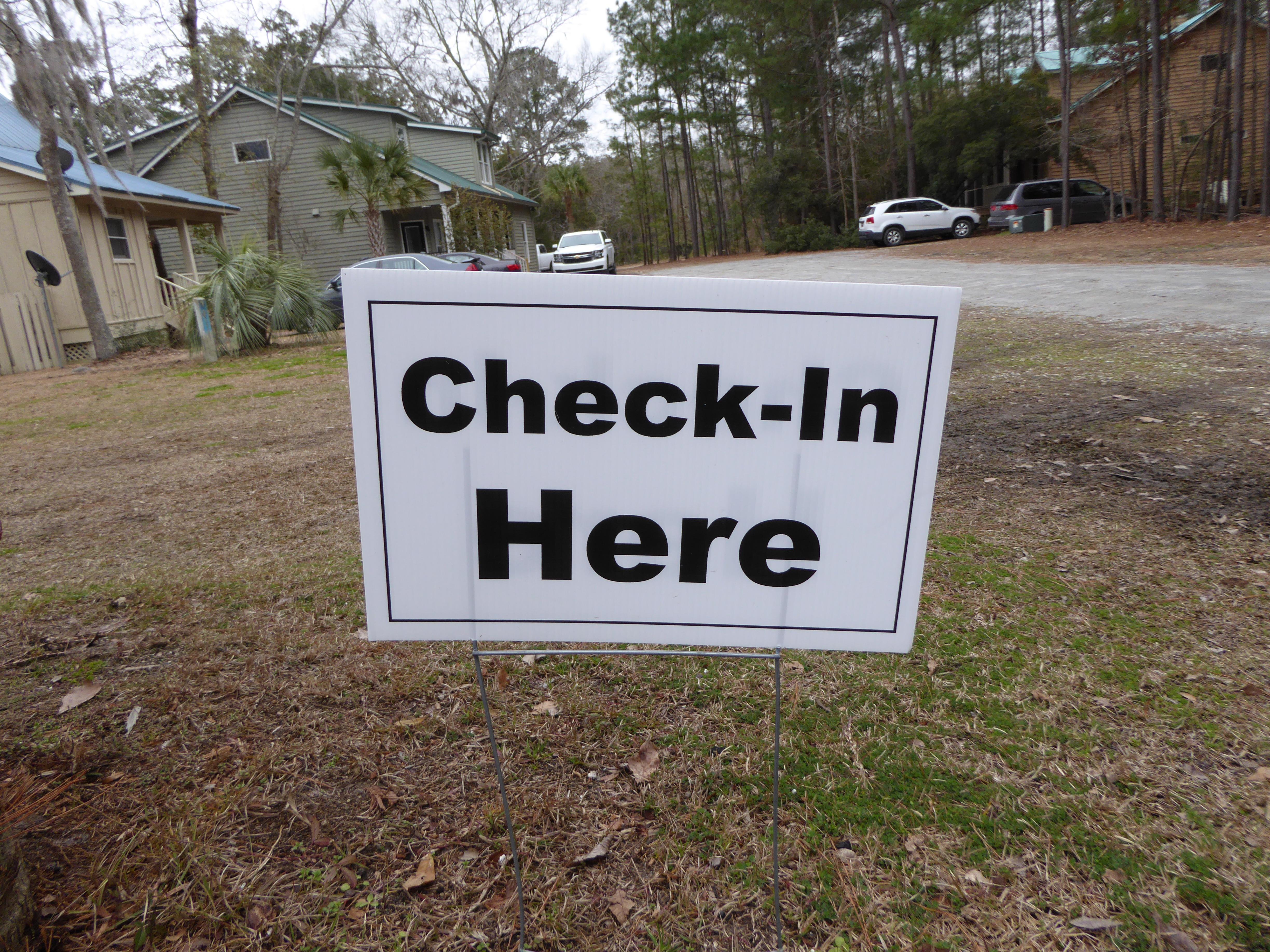
31 Jan How to buy health insurance
Photo: jackietrains/morguefile.comQ. I lost my job two years ago and I need to buy health insurance. How do I start?
— Needing coverage
A. Before you start looking for health insurance, let’s make sure you don’t already qualify for a plan.
First, be sure to confirm your insurance with your former employer is unavailable, said Cynthia Aiken, a certified financial planner with RegentAtlantic in Morristown.
“When you left your job, you should have been offered continuing workplace benefits through the federal law known as COBRA,” Aiken said. “There are COBRA regulations which set the minimum duration period of coverage, but an employer plan may provide longer periods of coverage beyond the minimum required period.”
Aiken said there are certain circumstances under which you may be eligible for a COBRA extension – if you become disabled or if you have a qualifying event. She suggests you check with your former employer to see if the coverage is available under either of these situations.
Next, if you’re married, see if you can join your spouse’s health insurance plan.
And if you’re a member of union, association or other organization, you may have access to a group plan, she said.
Next, you didn’t mention your age, but if you’re 65 or older, a citizen or permanent resident of the U.S. you could be eligible for Medicare. Aiken said you may be eligible if you receive or are eligible to receive Social Security benefits, railroad retirement benefits or if your spouse is eligible for these benefits.
Medicaid could be another option.
“Medicaid is a joint federal and state program helping with medical costs for people with limited income and resources,” Aiken said. “Each state has different rules about eligibility and applying for Medicaid, so contact your state Medicaid program to see if you qualify and learn how to apply.”
If the answer to all those questions is no, there are three ways to buy health insurance, Aiken said.
First, you can turn to the state’s Health Insurance Marketplace, Aiken said.
“The major benefit of buying a plan through your state’s marketplace is that you may be eligible for cost-assistance on premiums and out-of-pocket costs if your income is below a certain level,” she said. “You can also use the marketplace to compare health plan benefits, networks, costs and coverage from different providers.”
You can find your state’s marketplace website here.
If you want in-person help, click here.
Your next option is to use an insurance broker.
“Brokers have a selection of different health plans in your state and can help you understand and compare benefits, networks, costs and coverage, but be aware that brokers receive a fee for selling you insurance, which may ultimately be passed to you,” Aiken said.
You can find a broker in your area here.
Your third option is to purchase directly from an insurance provider, which means you’re cutting out the middle man.
“If you aren’t eligible for cost-assistance through the marketplace and you clearly know what coverage you need, then buying from the provider may work for you,” she said.
Whether you decide to buy insurance through the state Marketplace, a broker or a provider, your health and your financial situation will determine which plan is best for you, Aiken said.
If you know that you have an expensive medical condition, you may want to consider a plan with higher premiums because more of your costs will be covered. However, she said, if you’re generally healthy, you may want to consider a plan with lower premiums, but be aware that you will be responsible for a bigger share of your health care costs.
The costs of health care plans are affected by age, smoking status — some regions do not allow smoking status to be considered — where you live and the number of people enrolling in the plan with you, Aiken said.
“Although the tendency is to focus on premiums, please review the details of the plans including coverage, deductibles, co-pays, and coinsurance,” Aiken said. “No matter what option you choose, please take the time to shop around and compare plans.”
Email your questions to .
This post was first published in January 2017.
NJMoneyHelp.com presents certain general financial planning principles and advice, but should never be viewed as a substitute for obtaining advice from a personal professional advisor who understands your unique individual circumstances.
